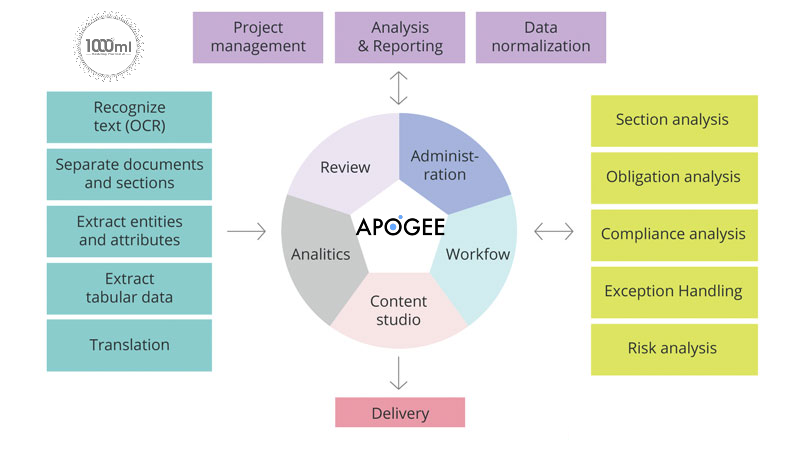An attorney can also use the witness prep process to understand someone’s testimony. The context of the testimony and whatever someone will report on can make a positive impact.
A legal witness prep AI program can help an attorney manage the prep process well. The learning system can help understand the witness’ statements and other aspects of a situation.
Managing the AI
The initial artificial intelligence system will require thorough checks to confirm how well it may work. The AI should be capable of handling the FILAC model for work. The FILAC system is the basic approach to legal research that helps identify various situations surrounding how legal cases can work.
Machine learning is also necessary for educating AI on new legal standards. The AI should be ready to review whatever content a witness provides and understand how it compares with prior data. But the machine learning process should be supervised, as the system will give the programmer more control over how it handles data while confirming content that appears. The system reduces the risk of the system changing and moving in the wrong direction.
The AI can also use as many prior legal cases as possible to help determine possible results. Existing laws can also appear in the analysis process to help see how certain events or possibilities in a case may occur.
An AI program should be ready to create a suitable witness prep approach that uses as many pieces of previous data as possible to find possible results for a case. The practice works for witness prep purposes by helping an attorney figure out what to do when consulting a witness or another analyst for help.
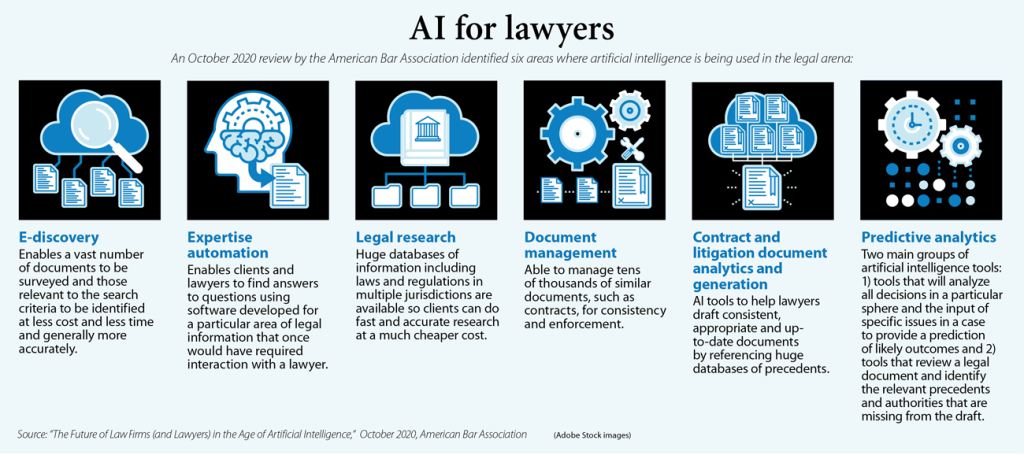
How Does the AI Work In the Court?
The AI platform will work in a court by identifying trends in prior cases and using it to predict possible results. By understanding what can happen, an attorney can manage the witness prep case well and find new ways of questioning or preparing the witness for a case. The new strategy the attorney uses can improve one’s success and possibly move a case in a more favorable direction.
But the AI must also be controlled to where it can identify parameters. There are three factors that may go into the setup:
1.What is the type of case?
The AI may review different factors surrounding a case depending on the type it encounters. It may hold more weight towards specific aspects of a case, but that depends on what it finds and how it can handle the content.
2. What evidence is available?
The attorney will have to provide as much evidence as necessary to help the AI review how it might influence a case. The AI can check prior cases that have similar evidence and use that to make a more accurate prediction of how a situation will move and if the desired result will occur.
3. Are there any charts or other visual bits of data in the report?
An AI program can also analyze visual content through computer vision. Computer vision allows AI to associate meanings with visual data. This feature is convenient when reviewing surveillance camera or photographic data, but it may also work for charts that include headings or data bits. The system can use older content to see if there are any unique trends in a case and if any changes are necessary for possible success.
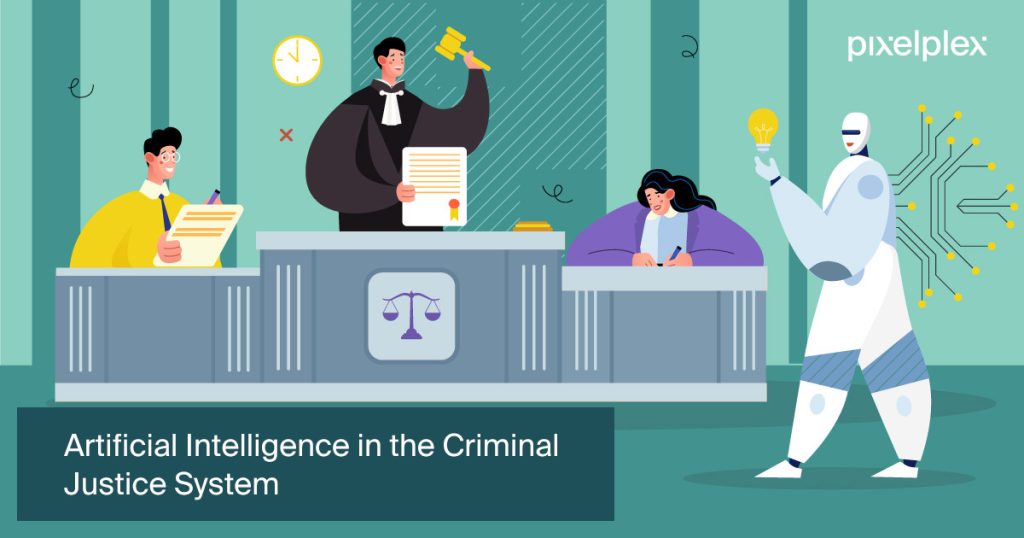
Establishing a Conversational AI Interface
The AI can find various details for a case, but it will only be as effective as its interface. The AI interface must be ready to access prior case reports and respond to queries as necessary. Faster and more accurate responses are critical for supporting a more accurate and successful witness prep effort.
Every case an AI program can review may include multiple keywords or trigger words about the situation at hand. These words can reflect the situation type or whatever evidence is present at a time.
What Other Uses Can Witness Prep AI Have?
A witness prep AI program can work for many situations, with many of these working outside a courtroom. Here are a few of the more common options people can use for witness prep AI needs:
1. Thesis Defense
A thesis defense requires a person to anticipate possible questions and prepare to answer them. AI can help check one’s thesis and compare it with prior theses to see how past defenses have worked. A person can use the results to figure out what questions are more likely to be posed, helping that person be ready to produce accurate and thoughtful answers. AI platforms can help people prepare for as many of these questions as necessary, providing a better approach to work.
2. Board of Directors Prep
A board meeting can be challenging and stressful, but witness prep AI programs can help people look at what concerns may appear in a board presentation. A program can check how a presentation works and use it to resolve issues.
3. Utilities Contract Negotiation Defenses
An AI program can also collect data on prior utility contract negotiations and determine what parameters were necessary to improve how well people can negotiate deals on contracts. This use of AI is necessary to keep contract expenses down while also receiving more assets for different work projects.
4. Additional Inquires
The best part of witness prep AI is that it can incorporate whatever rules or parameters one wants to include. The process for educating the AI and creating unique parameters will vary by situation, but the work can improve how well a system can read data.
The cost is to ensure someone is always prepared for whatever might happen. The chances for certain things to occur in a defense situation will always vary. Witness prep AI programs can help people prepare for whatever might happen.
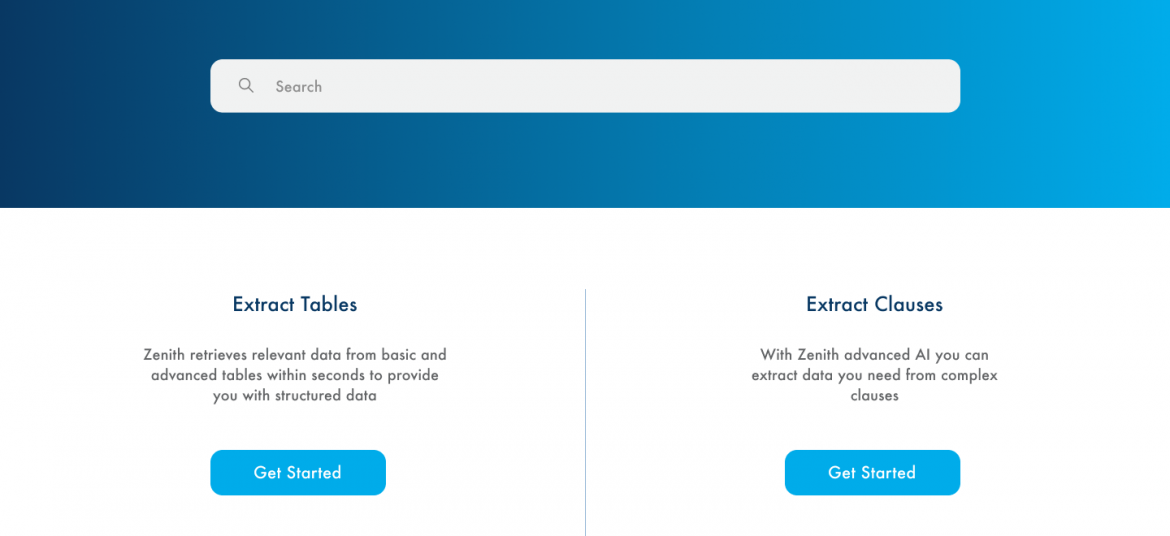
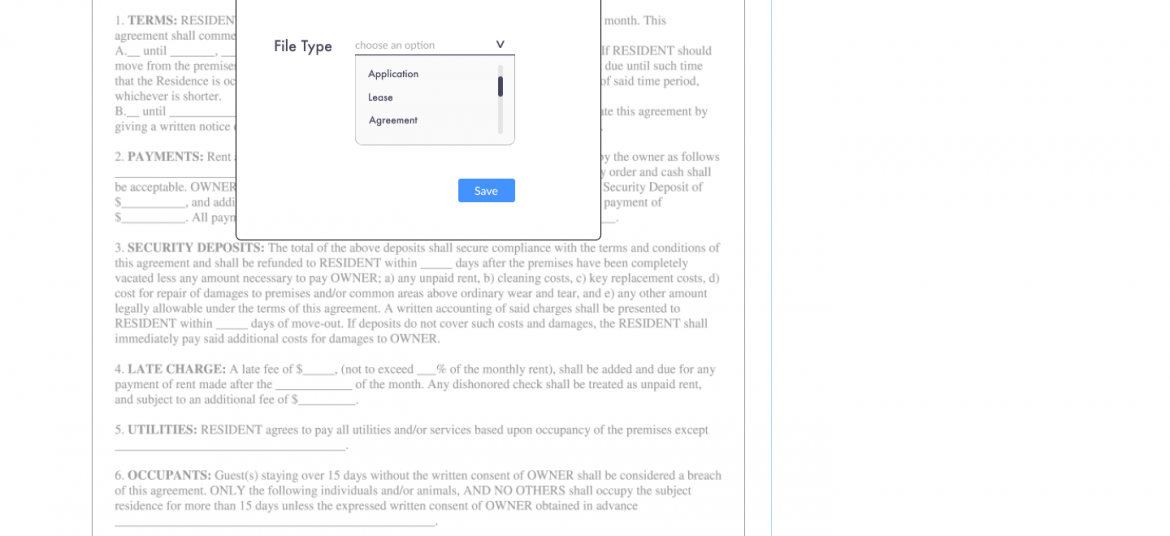
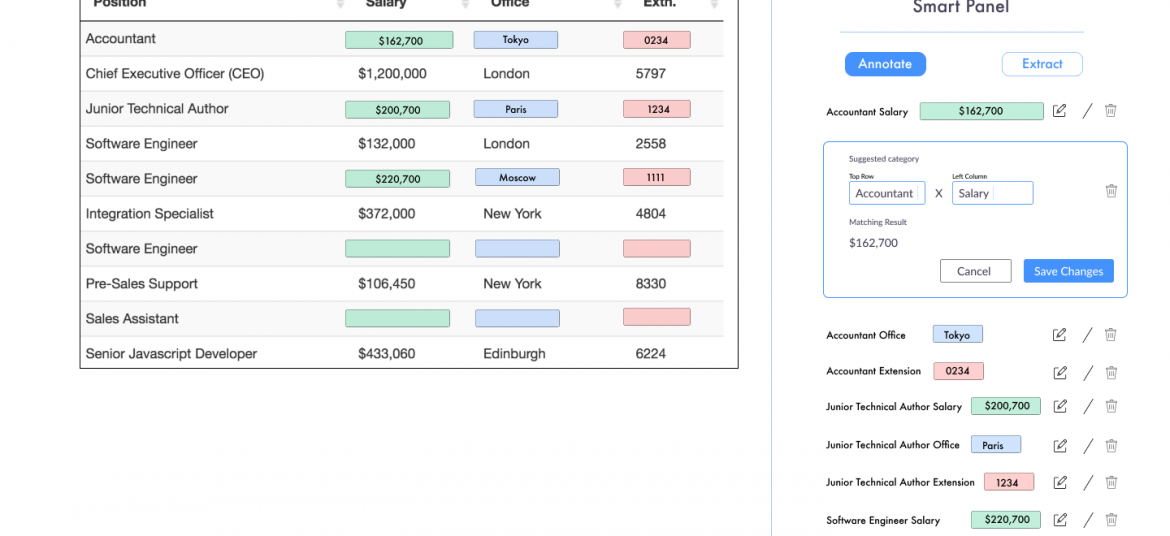
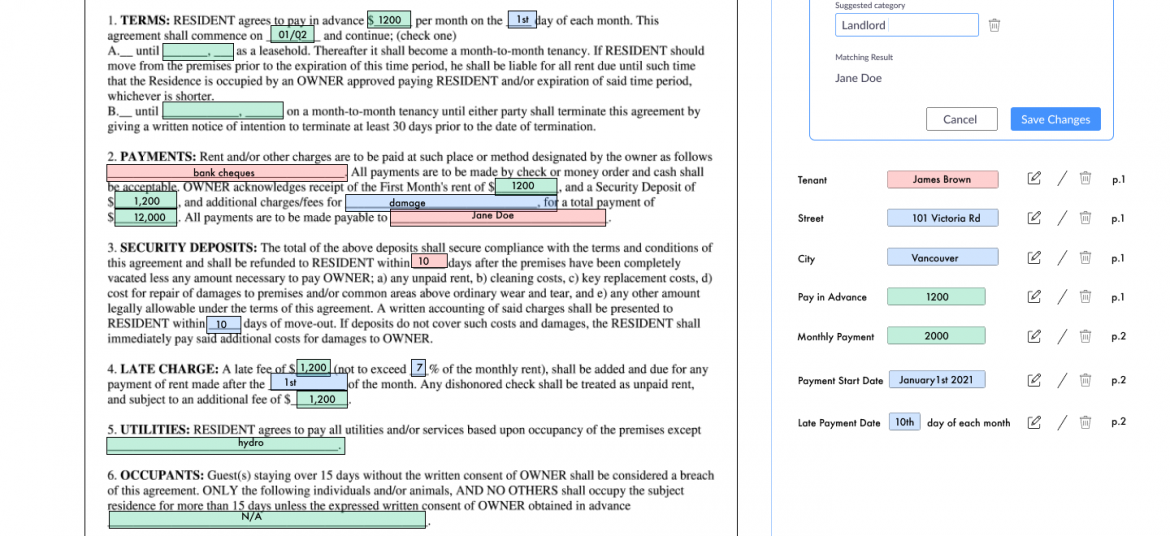
Apogee Suite of NLP and AI tools made by 1000ml has helped Small and Medium Businesses in several industries, large Enterprises and Government Ministries gain an understanding of the Intelligence that exists within their documents, contracts, and generally, any content.
Our toolset – Apogee, Zenith and Mensa work together to allow for:
- Any document, contract and/or content ingested and understood
- Document (Type) Classification
- Content Summarization
- Metadata (or text) Extraction
- Table (and embedded text) Extraction
- Conversational AI (chatbot)
Search, Javascript SDK and API
- Document Intelligence
- Intelligent Document Processing
- ERP NLP Data Augmentation
- Judicial Case Prediction Engine
- Digital Navigation AI
- No-configuration FAQ Bots
- and many more
Check out our next webinar dates below to find out how 1000ml’s tool works with your organization’s systems to create opportunities for Robotic Process Automation (RPA) and automatic, self-learning data pipelines.
